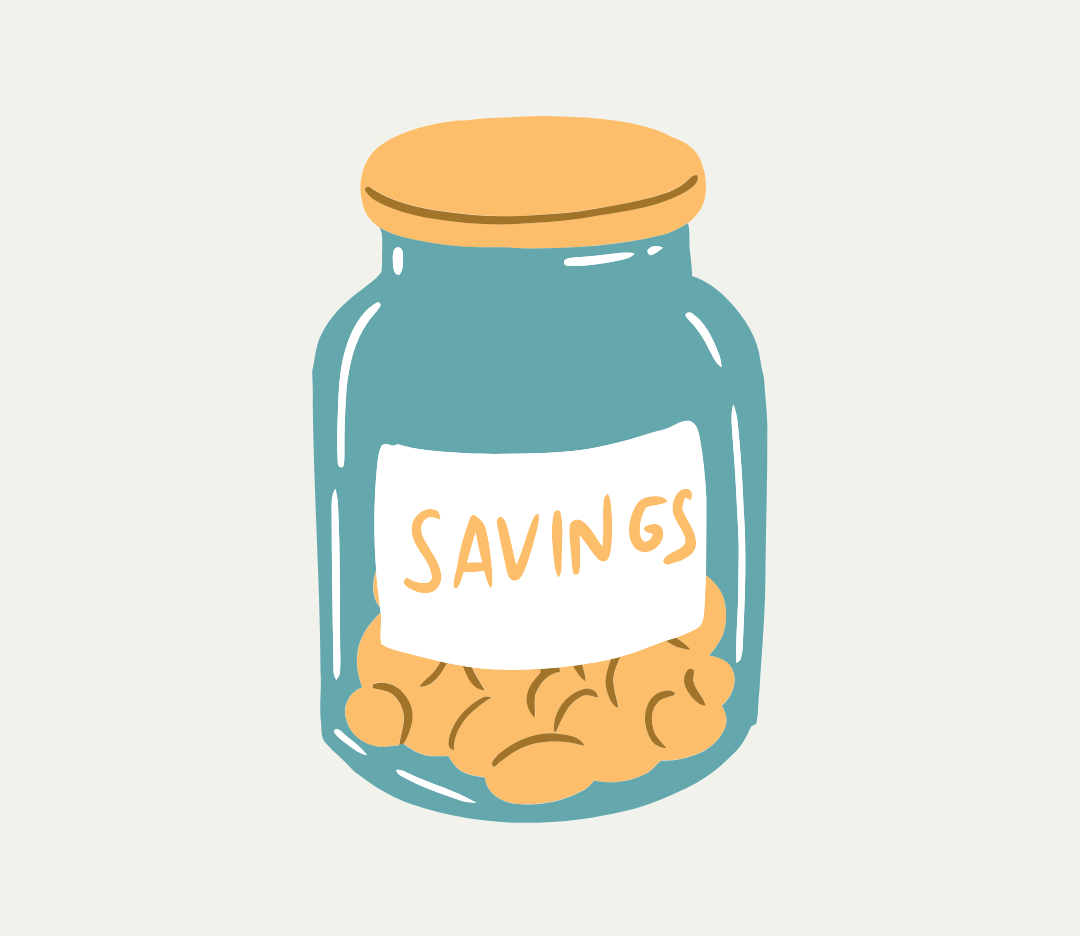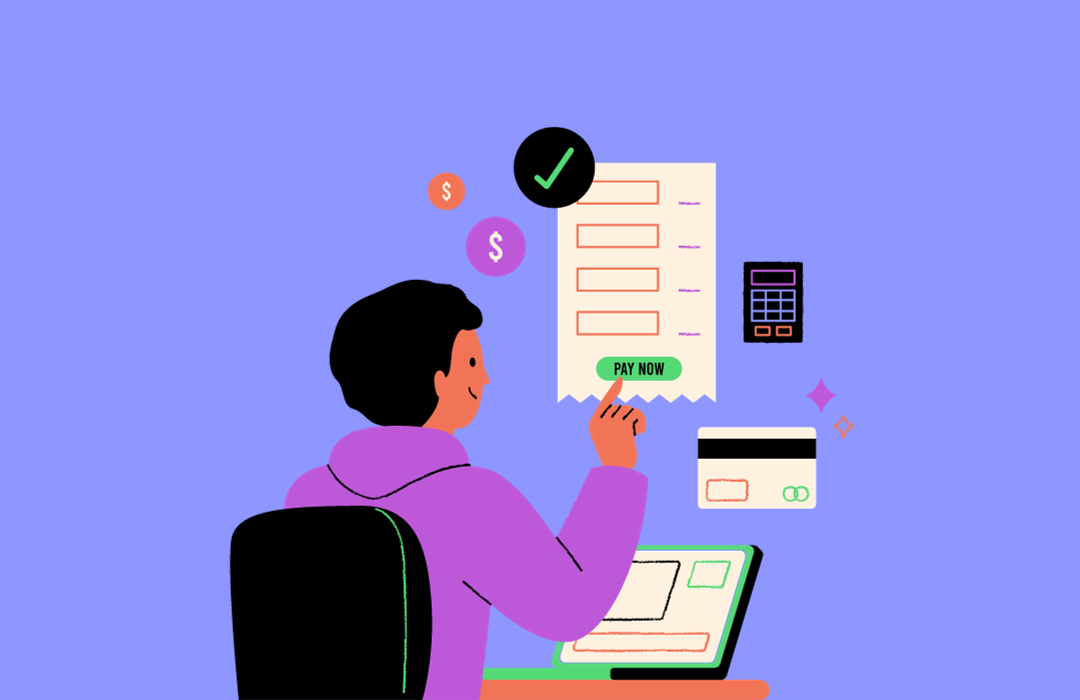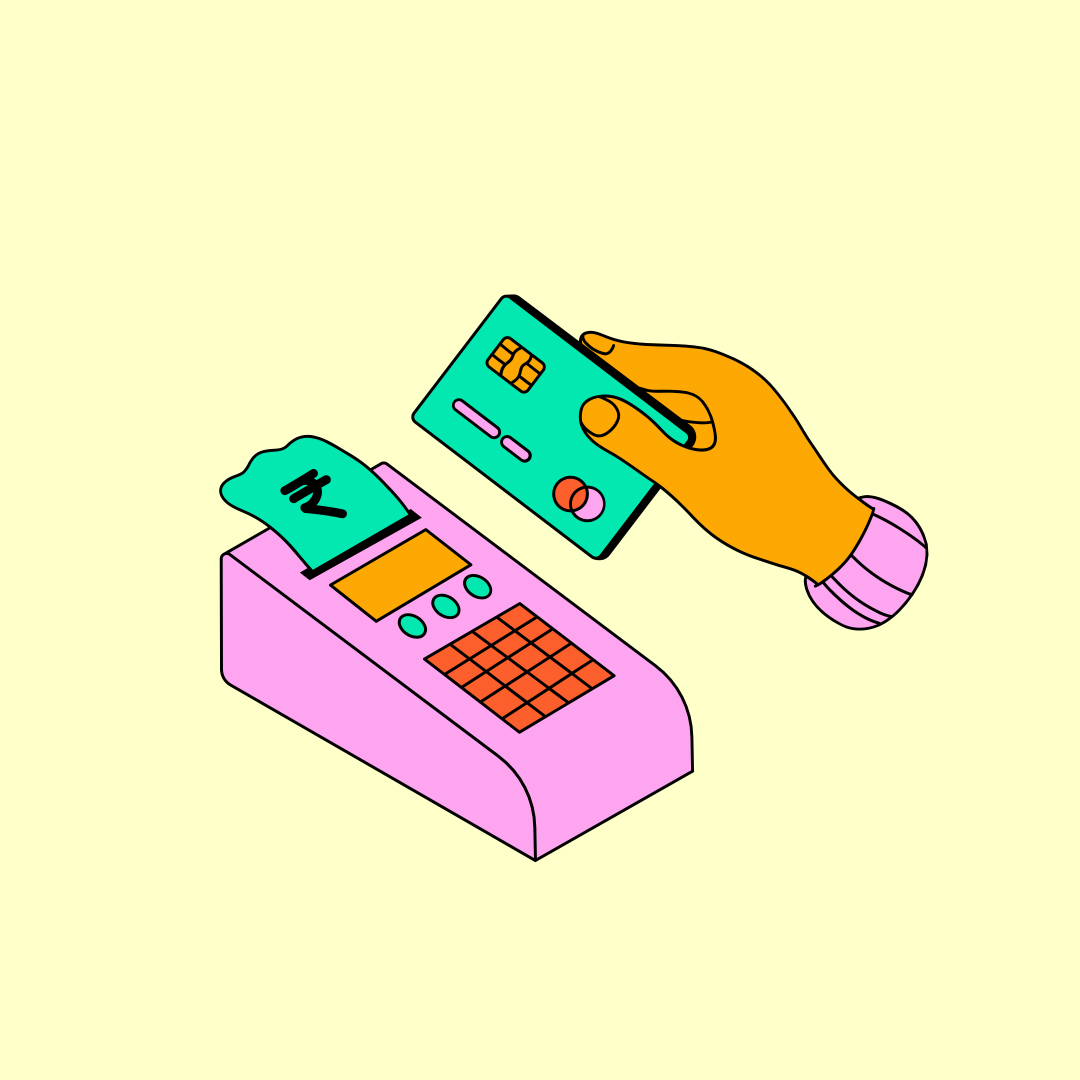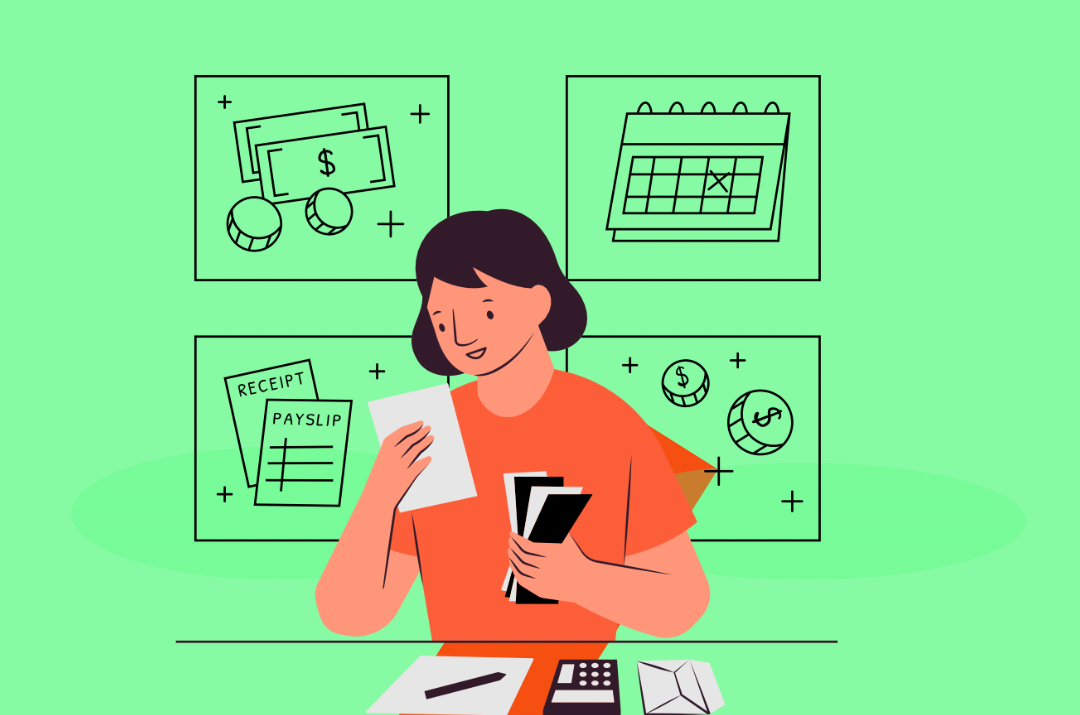As you might know, junior year is quite a difficult year loaded with college preparation, standardized testing, and extracurricular involvements. My friends and I decided to reward ourselves for finally making it through the first two semesters by having fun, and what better way to have fun than planning a trip to the urban metropolis of New York City?
It costs a lot to travel, however, with expenditures such as transportation, lodging, entertainment, and souvenirs. I have begun to save money to prepare for this. If you have something you want or somewhere you want to go, you should get into the habit of saving as well!
What are the Benefits of Saving?
Saving goals help you cut down on storing money for later use. After reaching your savings goals, you can use the large amount of money to buy something that you’ve wanted for a long time to reward yourself for your efforts rather than purchasing anything you see on a whim.
Similar to budgeting, setting savings goals can help you make sure you’re not spending money on unnecessary purchases. You will be forced to think hard about your purchases because if you spend too much, you might be sacrificing your dream item for a couple of impulsive purchases. Are those initial bursts of dopamine, which quickly wear off after buying the product, worth not getting something you’ve desired for so long? Saving goals initiate these questions, allowing you to make thoughtful purchases instead of in-the-moment ones.
Once you get into a habit of making and accomplishing your savings goals, you will become more confident in your money-managing capabilities. Eventually, you will get to a point where you will automatically question whether something is worth purchasing, even if there is no initial reward, showing that your spending habits have significantly improved.
Open Checking and Savings Accounts
Teens should open up both a checking and savings account because they are safer ways of storing their hard earned money!
How Do I Open a Checking or Savings Account?
After I got my first job, my mom helped me open a checking account with her bank. I recommend asking your parents to do the same if you are under 18 years of age since you need a government-issued ID to open these accounts. If you are an adult, you can either fill out a form in-person or online. The process for opening checking and savings accounts involves filling out your personal information, requesting a debit card, signing agreements and disclosures, funding your account, and creating your account information.
What’s the Difference Between a Checking and Savings Account?
A checking account allows you to have easier access to your money, so it is useful for paying for. daily needs. A savings account allows you to stash your cash for longer-term goals because it has higher interest rates. Having both a checking and savings account is crucial because it allows you to keep track of daily spending as well as how much money you have stored for emergencies or goals.
Why Should I Open a Checking or Savings Account Early?
Checking and savings accounts will help you become more financially independent because you will keep tabs on your own money. Opening these accounts early will help you build a positive reputation with your bank. Furthermore, as your money sits in these accounts, they will accumulate interest, which means that they will slowly grow in value, just from sitting in the account! The earlier you put money in these accounts, the more money you will gain from interest.
It’s never too early to begin preparing for your financial future. By following the tips listed above, you will be well on your way to becoming a pro at managing your money!
*Thank you to our partners at Experian for their support of young storytellers and for supporting youth in taking charge of their financial health. To continue your financial wellness journey, visit Ask Experian.














